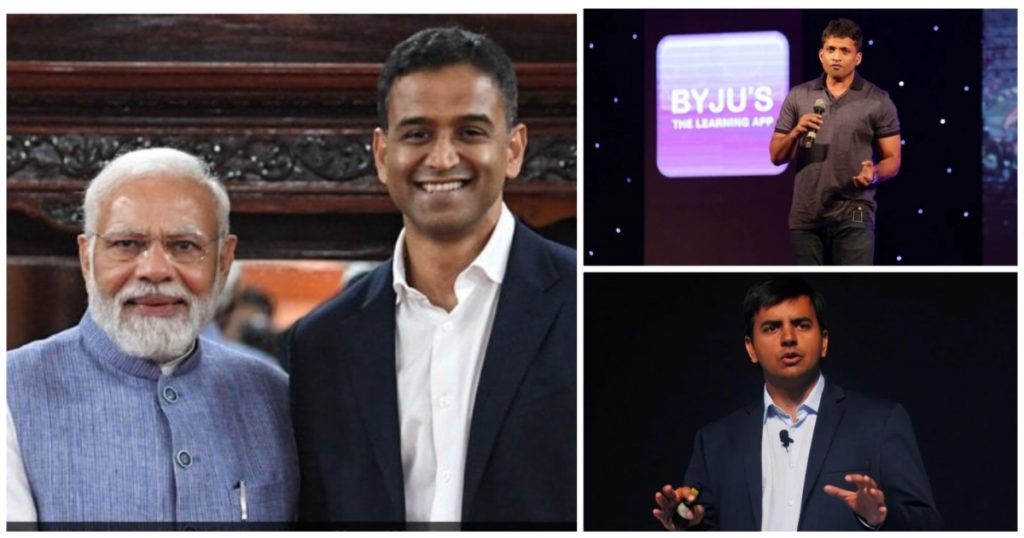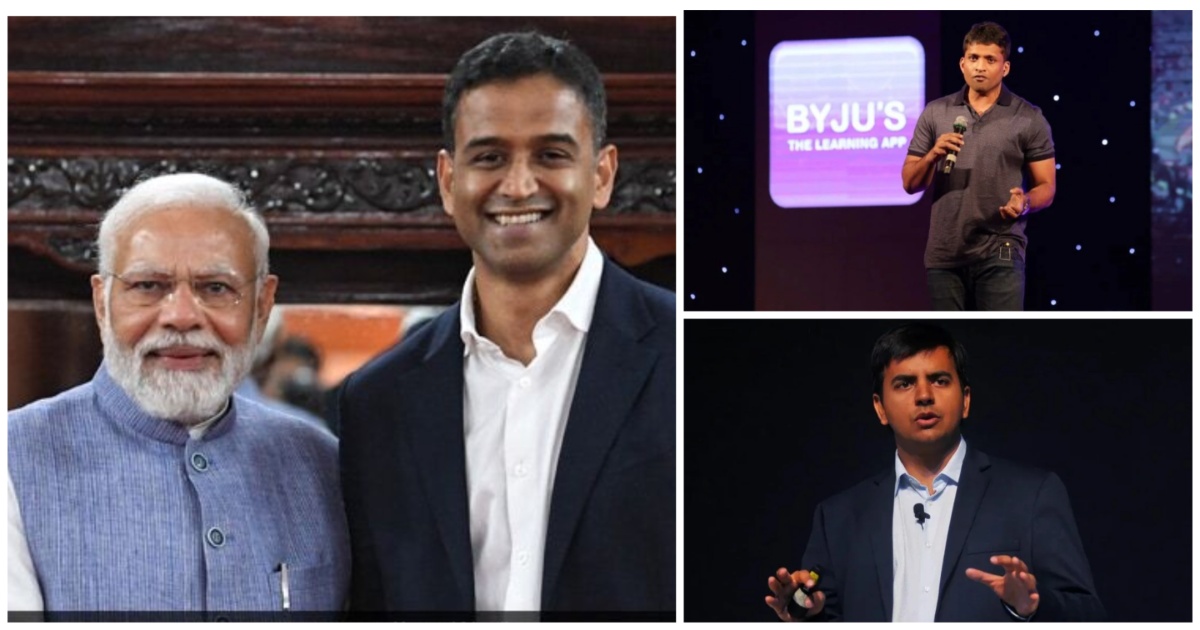India’s top entrepreneurs and investors don’t just run their companies — they also help the government make policies around startups.
The Modi government has reconstituted the National Startup Advisory Council, the body that advises and works with the government to promote startups and entrepreneurship in India. The body as per its latest structure has 31 members, which include entrepreneurs, investors, and chairpersons of various startup organizations.

Among the new names added the the National Startup Advisory Council this year is Zerodha CEO Nithin Kamath. Zerodha is India’s largest discount broker, and one of India’s most profitable startups. Other additions were EaseMyTrip’s Ritikant Pitti, whose flight booking platform was listed on the stock markets two years ago, and CarDekho’s Amit Jain, whose company was also listed around the same time.
But some prominent names no longer feature on the list as well. Byju Raveendran, who was a part of the council when it was constituted in 2021, is not longer on it. Byju Raveendran has had a forgettable year which saw ED raids, layoffs and delayed salaries at his eponymous company. Other names who were a part of the council in 2021 but no longer feature are Ola’s Bhavish Aggarwal and Zoho’s Sridhar Vembu. ZestMoney’s Lizzie Chapman, whose firm is shutting down at the end of the year, also doesn’t find a mention on the latest list.
Other entrepreneurs on the current council are Snapdeal’s Kunal Bahl, Urban Company’s Abhiraj Singh Bahl, Info Edge’s Sanjeev Bikhchandani and YourStory’s Shradha Sharma. The council also features investors including Accel’s Prashanth Prakash, Softbank India’s former head Manoj Kohli, PeakXV’s Rajan Anandan and iSpirit’s Sharad Sharma. Apart from these names, former TCS CEO Rajesh Gopinathan and HCL co-founder Ajai Chowdhry are also a part of the Advisory Council.
This is quite a formidable list, and this group will meet regularly to foster a culture of innovation in India, promote intellectual property rights, promote ease of capital for startups, and help provide access to global markets for Indian startups. The Indian government has been focusing on startups over the last few years, starting from the Startup India event in 2016, government-led startup funds, and regular interactions with industry experts. And with a crack team of 31 founders, entrepreneurs and investors now advising the government on how to proceed, the government is ensuring it has its ear close to the ground to India’s startup revolution.
